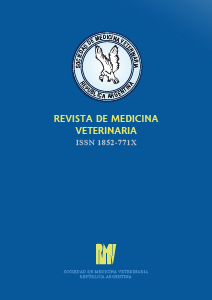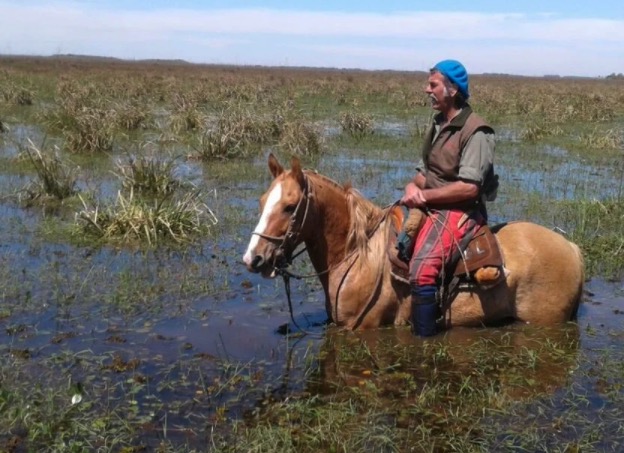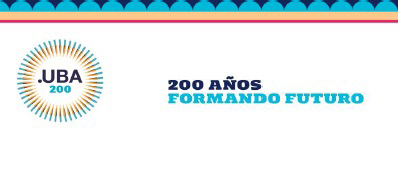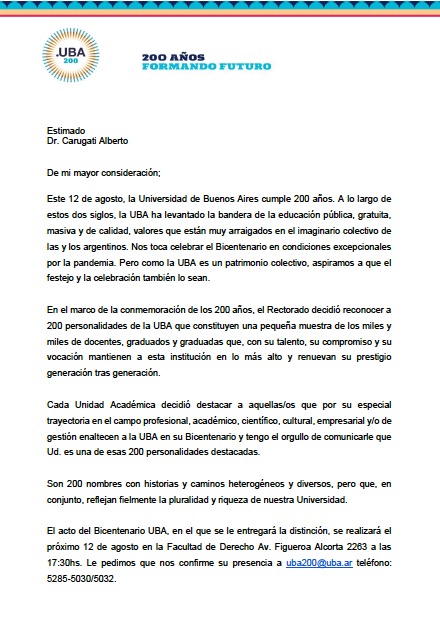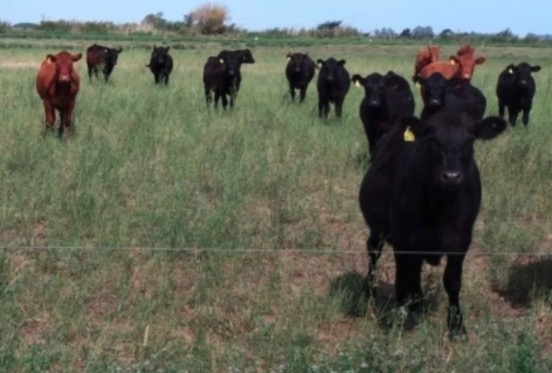Hijo de una familia alemana y amante de las tradiciones populares desde muy chico, a Bernardo Leucke, ingeniero agrónomo, 62 años, sus sueños lo fueron llevando al Chaco, Formosa, Paraguay y la Cuenca del Salado, hasta que recaló hace 12 años a Corrientes. Se define como "restaurador de estancias". Suele relatar viejas historias pero su presente consiste en cambiar el perfil productivo de esos establecimientos a los que llama campos duros con bañados y sin posibilidad agrícola.
¿Cómo? Con los búfalos. Leucke parece guardar con ellos una relación de cariño con límites. Los maneja “sin perros, sin gritos y con sensibilidad. El búfalo responde al buen trato y también al malo donde lleva las de ganar ya que son animales de gran porte que alcanzan los 600 kilos. Recorrer los potreros, andar entre ellos, y cuando se trabaja en los corrales, tener mucha paciencia”, receta.
Leucke es el CEO del establecimiento San Antonio, del grupo Los Caldenes, con 17.055 hectáreas en Loreto, en el extremo norte de Corrientes. El campo, contenido en una región de cordones arenosos, lagunas y depresiones cercano a los esteros del Iberá, se dedicaba a la ganadería tradicional con un sistema basado en la compra de insumos, dado que por sus condiciones no produce granos para suplementar vacunos. Leucke propuso entonces introducir a los búfalos y ahora se sostienen en el campo natural.
Están dedicados a la cría, recría y engorde de búfalos. Cuentan con 4.500 ejemplares. “Es una especie que se adapta a diversos ambientes extremos y son una máquina de transformación de pasto de los bañados en carne sin grasa intramuscular. No olvidemos su origen en India, Irak y China”, dice.
Y arriesga: “Puede ser más sencillo que con el vacuno, pero requiere de entrenamiento; lo hacemos con banderas y como aconsejaba Juan Manuel de Rosas, no hay que alborotar la hacienda, siempre pensando en el bienestar animal”.
La proteína roja del futuro
El búfalo es susceptible a las mismas enfermedades que el vacuno, pero es más resistente. “Desde el momento que no levanta garrapata y no se abicha, es eficiente a campo natural, incluyendo esteros y montes, con un 20% más de parición que los vacunos, 60% más de ganancia de peso, entregando 16 crías por vientre, llegando a la faena con dientes de leche (24-27 meses de edad). Su carne es joven y de mayor calidad”.
El proceso va por etapas donde primero es la cría del búfalo, después la “fábrica”, el proceso de la búfala con su ternero al pie, luego el destete en la laguna y la recría.
“El producto es la bubilla que quedará preñada cuando cumpla los dos años y pese algo más de 420 kilos y su hermano, el macho, se destina al consumo interno o la exportación cada vez con mayor demanda”, afirma Leucke al contar que los búfalos en este cepo a las exportaciones de carne pudieron embarcarse a Alemania. Los cortes más requeridos son bife, lomo, colita y tapa de cuadril. En el mercado doméstico crece su uso para la cocina gourmet.
Se estima en 200.000 el número de bubalinos en el país, pero su versatilidad hace pensar en elevar esa cifra a 4 millones. En la Argentina el área predispuesta a la cría de búfalo asciende a ocho millones de hectáreas, tantas como toda la superficie de Corrientes.
“Con el búfalo vivimos la revolución ganadera de fines de los 70 cuando se introdujeron las razas índicas. Es la llave de una nueva Pampa Húmeda”, sostiene Leucke que aclara que no son para cualquier campo, solo para los bravos.
De esta manera el restaurador de estancias da una vuelta de tuerca. Los primeros búfalos vinieron al país entre 1900 y 1920 desde la Isla de Marajó (Brasil). Muchos intentaron cruzarlos con bovinos y al no conseguirlo, fueron abandonados criándose en estado semi salvaje hasta fines de 1970. Les llegó el tiempo de revancha.
Fuente: Silvia Naishtat - Clarin.com

